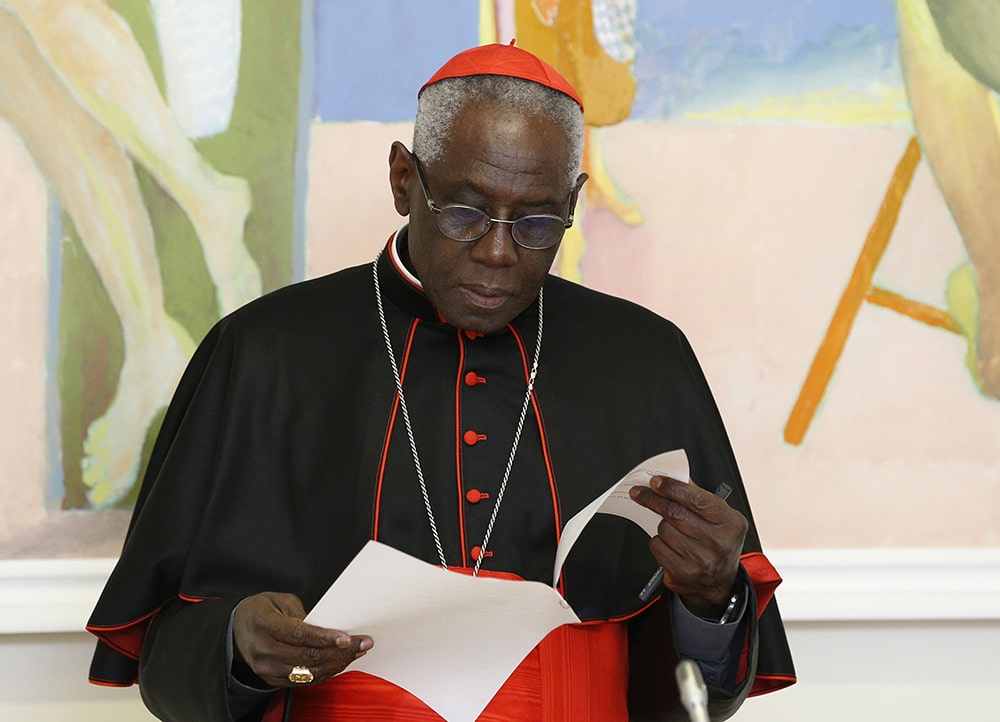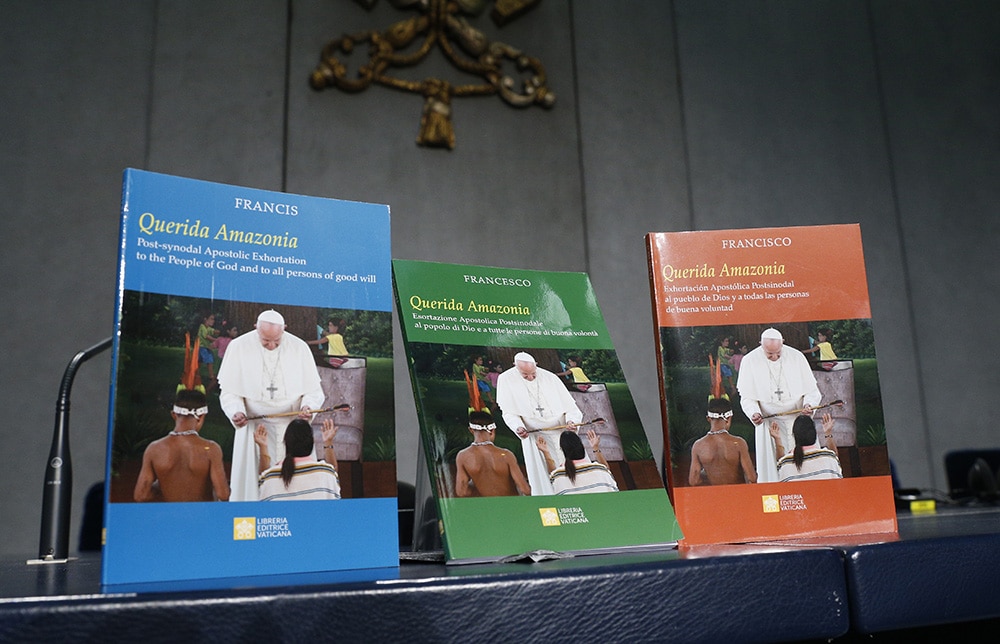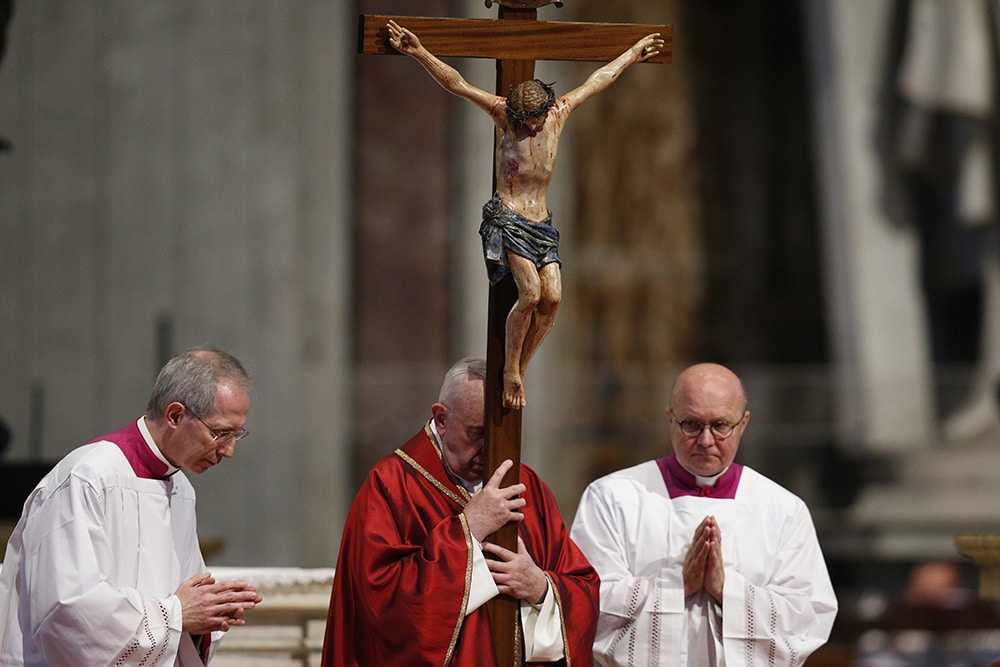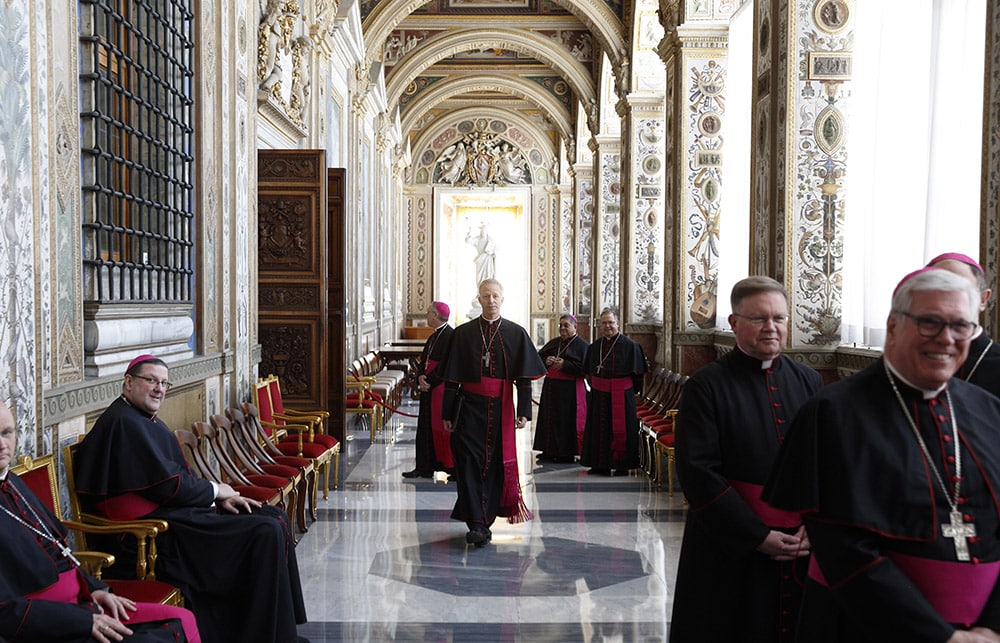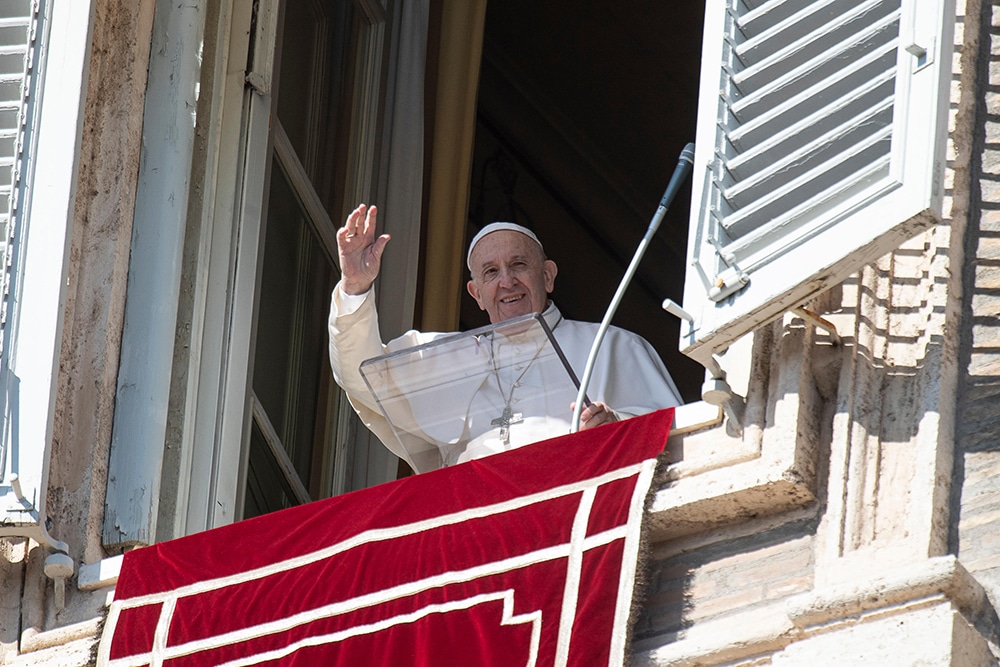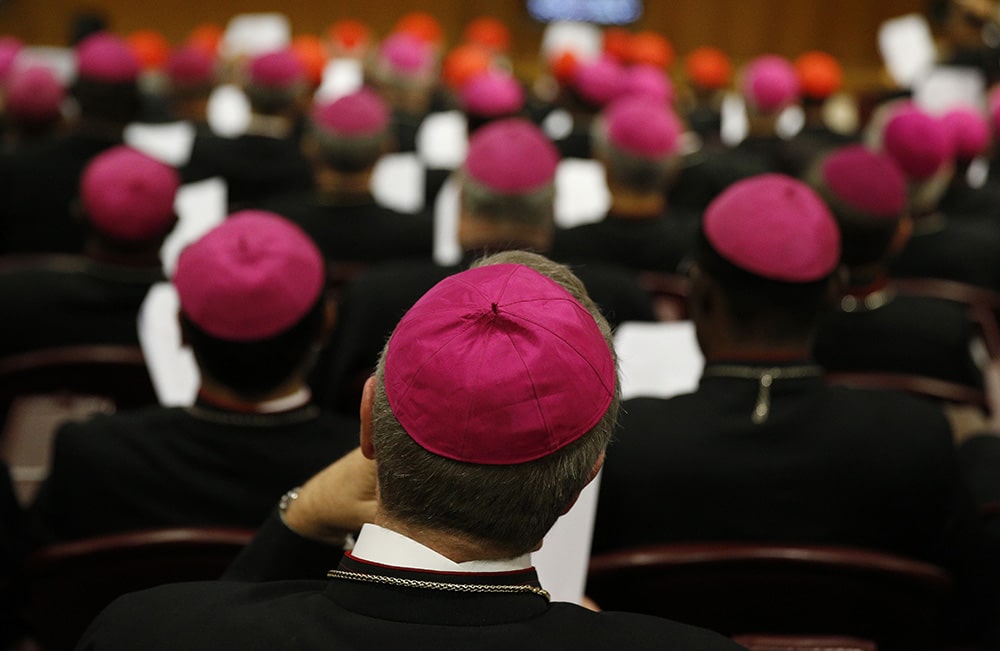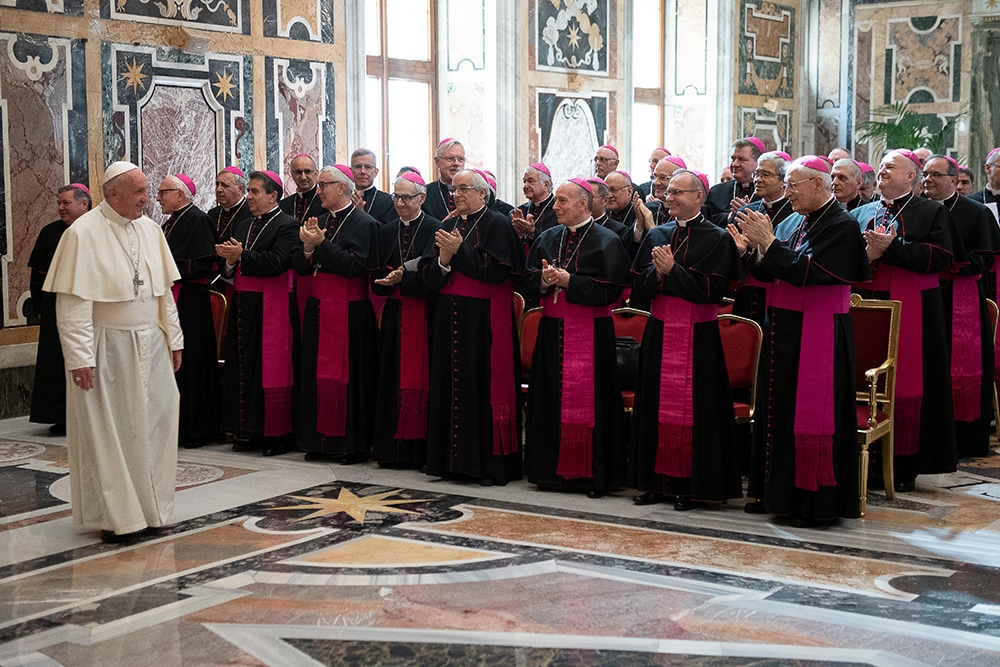Has all the dust settled from what many have dubbed “Book-gate” — the Vatican kerfuffle of a few weeks ago surrounding the release of a book on priestly celibacy? The book was written by Cardinal Robert Sarah, prefect of the Holy See’s Congregation for Divine Worship and Discipline of the Sacraments, and included a significant contribution from emeritus Pope Benedict XVI.
 When the book, titled in English “From the Depths of Our Hearts” (Ignatius Press, $19.95), was announced, many commentators interpreted its defense of celibacy as being politically charged — perhaps even a move against Pope Francis, who currently is deliberating on the recommendation of the participants of last fall’s Amazon synod to allow “proven” married men to be ordained priests in the region. Such relaxation of the discipline of priestly celibacy is understood as a potential solution to a current shortage of priests and scarcity of access to the sacraments.
When the book, titled in English “From the Depths of Our Hearts” (Ignatius Press, $19.95), was announced, many commentators interpreted its defense of celibacy as being politically charged — perhaps even a move against Pope Francis, who currently is deliberating on the recommendation of the participants of last fall’s Amazon synod to allow “proven” married men to be ordained priests in the region. Such relaxation of the discipline of priestly celibacy is understood as a potential solution to a current shortage of priests and scarcity of access to the sacraments.
For his part, Pope Francis, and the Holy See press office in his name, repeatedly has indicated that he has no intention of abandoning the discipline of priestly celibacy. That being said, such statements do not mean that the idea won’t further be entertained — or even carried out. Time will tell. The pope’s post-synodal apostolic exhortation is scheduled to be released Feb. 12.
But back to the book. Could the timing of its announcement have had something to do with the release of the exhortation? Possibly. But was such timing really an attack on the pope? Not if papal governance is understood as an exercise in collegiality and communion.
The Second Vatican Council’s dogmatic constitution on the Church, Lumen Gentium, stresses that the pope exercises governance collegially in “unity, charity and peace” and notes the importance of the ancient practice of collegial governance “in which more profound issues were settled in common, the opinion of the many having been prudently considered” (No. 22). This has been seen in recent centuries when bishops were consulted or convened prior to the declaration of dogmas (think papal infallibility or recent proclamations on the Blessed Virgin Mary) or changes in disciplines or practices that constitute major shifts in ecclesial life (think the reintroduction of worship in the vernacular).
That “mandatory” priestly celibacy in the Latin Church might be relaxed, or even abandoned for all intents and purposes, is not a theological impossibility. But given how much ordained ministry and ecclesial life and governance is predicated on priestly celibacy, wouldn’t it stand to reason that the question of relaxing its practice — especially in a nonorganic or extra-traditional manner — should require wider discussion among the Church members, not least all of its bishops?
As “Book-gate” illustrated, the question of relaxing priestly celibacy in any part of the world where it is not an organic part of the local Church’s tradition, or a concession made out of ecumenical sensitivities, sets a precedent and opens up possibilities for such a relaxation to be implemented elsewhere. For better or worse, such a precedent only will be repeated elsewhere in time. And that will lead to further relaxations in the decades and centuries to come. All of which means major changes in the life of the Church.
For any change to the current discipline of priestly celibacy within the Latin Church to take place responsibly, it must be discerned and discussed collegially. And such discernment and discussion must involve, at the very least, all the Church’s bishops — not just those invited to last fall’s synod. Any attempts, even incrementally, to resolve the question of changing the Latin Church’s tradition and discipline regarding priestly celibacy without consulting the bishops around the globe undoubtedly will result in further divisions within the Church.
That conversation should not only be facilitated by the pope, but welcomed by him for the good of the Church. Cardinal Sarah and Pope Benedict XVI simply got it started.
Michael R. Heinlein is editor of OSV’s Simply Catholic. He writes from Indiana.

